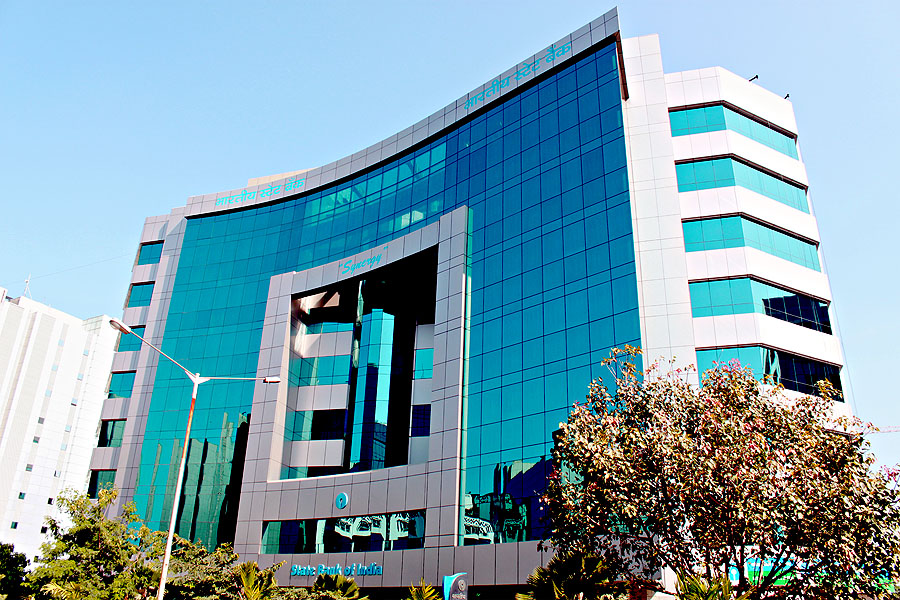
Live Mint :P.R. Sanjai | Mihir Dalal :Fri, May 31 2013. 10 49 AM IST
Kingfisher posts Rs.2,141.80 crore net loss for Q4; UBHL swings to a loss of Rs.190 crore on finance costs
Mumbai/Bangalore: Vijay Mallya’s Kingfisher Airlines Ltd, which hasn’t flown since October, continued to pile up losses in the fourth quarter, dragging down the fortunes of United Breweries (Holdings) Ltd (UBHL), the holding company of the tycoon’s UB Group, as well.
Kingfisher Airlines’ net loss widened 86% to Rs.2,141.80 crore for the quarter ended March from Rs.1,151.83 crore in the year-ago period. UBHL swung to a loss of Rs.190 crore for the March quarter due to a fourfold increase in finance costs. In the year-ago quarter, UBHL had reported a profit of Rs.2.1 crore.
UBHL’s loss marks another chapter in the steady erosion of Mallya’s family fortunes, which he partly inherited from his father. Mallya’s legacy is under threat after the group’s airline dream turned sour because of costly overreach—the acquisition of Air Deccan in 2007 and the debt taken on to pay for this and other assets, which include a Formula One racing team.
With planes remaining on the ground, the airline had zero sales in the March quarter, compared withRs.782.83 crore in the year-ago period.
Unsurprisingly, the airline posted a net loss of Rs.4,001.12 crore for the fiscal year against a loss ofRs.2,328.01 crore the previous year. Kingfisher Airlines has never made profit since its inception in 2005.
The Mumbai-based airline said it has racked up accumulated losses of Rs.16,023.46 crore and that its net worth was a negative Rs.12,919.81 crore as of 31 March.
Kingfisher’s operating licence was suspended in October by regulator Directorate General of Civil Aviation (DGCA) following a strike by the airline’s employees. The licence has since expired, although it can be renewed within two years.
Last month, Kingfisher Airlines submitted a fresh revival plan to DGCA. Permission to resume flights wasn’t forthcoming as the airline didn’t have no-objection certificates from various stakeholders, including airport operators, bankers, jet fuel vendors and spare parts sellers.
“Kingfisher is almost dead now; I don’t see any way it can come back. There are just too many issues surrounding debt and viability,” said Sharan Lillaney, an analyst at Angel Broking Ltd. “The UB Group is in a big mess right now with all the court cases and lenders selling pledged shares. And UBHL has guaranteed Kingfisher’s debt, so it’s pretty likely that courts will rule in favour of lenders.”
Over at UBHL, total income from operations for the March quarter rose 3.4% to Rs.117.57 crore. Finance costs rose to Rs.238.26 crore from Rs.59.13 crore.
Lenders to Kingfisher Airlines have filed several lawsuits against UBHL, which has given guarantees for Kingfisher’s debt. UBHL has itself filed counter lawsuits in the Karnataka and Bombay high courts against the lenders seeking, among other things, damages of roughly Rs.4,500 crore.
Meanwhile, a consortium of 14 lenders led by State Bank of India is readying to move the Debt Recovery Tribunal on selling Kingfisher Airlines’ assets after having filed a claim under the Securitisation and Reconstruction of Financial Assets and Enforcement of Security Interest Act to recover dues, marking the last rounds of a bitter battle in one of corporate India’s most high-profile loan default cases.
Mallya is expected to use at least a part of the money he gets from selling a part of his majority stake in group company United Spirits Ltd (USL) to repay Kingfisher’s lenders, which are owed more than Rs.7,000 crore.
On 9 November, Diageo Plc, the world’s largest distiller by revenue, agreed to buy a majority stake in Mallya’s USL for a total consideration of Rs.11,166.5 crore, offering the liquor tycoon a way out of mounting debt woes even as it gains a strong presence in the Indian market.
The complex transaction includes the purchase of a 19.3% stake from UBHL and other promoter entities, and fresh preference shares from the company. The UK-based distiller was to buy the remaining 26% from the public shareholders of USL. But Diageo’s open offer to shareholders failed, with the firm announcing earlier this month that it bought less than 0.5% of USL shares.
UBHL is likely to complete the stake sale in USL to Diageo for about Rs.2,400 crore in June.
The company said its luxury residential building Kingfisher Towers, being built on the site on which Mallya’s Bangalore home stood, was expected to be completed in 2015.
Stocks of both UBHL and Kingfisher have taken a battering over the past few years.
UBHL was trading as high as Rs.970 in May 2006 and at Rs.880 in 2008, when Kingfisher was on a massive expansion spree. By April 2011, UBHL had plunged to Rs.220 after multiple rounds of restructuring of the airline’s debt. In January 2012, the stock fell to as low as Rs.81, as the future of Kingfisher looked increasingly bleak and banks refused to lend more money to the airline.
In October, shares of UBHL rose again to a high of Rs.145 on speculation that Mallya would sell a stake in Kingfisher after India allowed foreign airlines to invest in domestic airlines. However, after it became clear that Mallya was struggling to find an investor, the stock slumped again.
As for the Kingfisher stock, it was trading at Rs.145.15 when the airline acquired Deccan Aviation Ltd, which ran India’s first low-fare carrier Air Deccan, on 1 June 2007. By 1 June 2009, the shares had tumbled to Rs.62.50. By the time DGCA suspended its operating licence in October, the stock was atRs.15.35. From an all-time high of Rs.316.60 on 18 December 2007, it sank to a record low of Rs.5.23 on 24 May this year.
On Friday, Kingfisher dropped 4.89% to Rs.6.03 on BSE, while UBHL fell 2.61% to Rs.37.35 and USL fell 1.14% to Rs.2,415.60. India’s benchmark Sensex fell 2.25% to 19,760.30 points.





